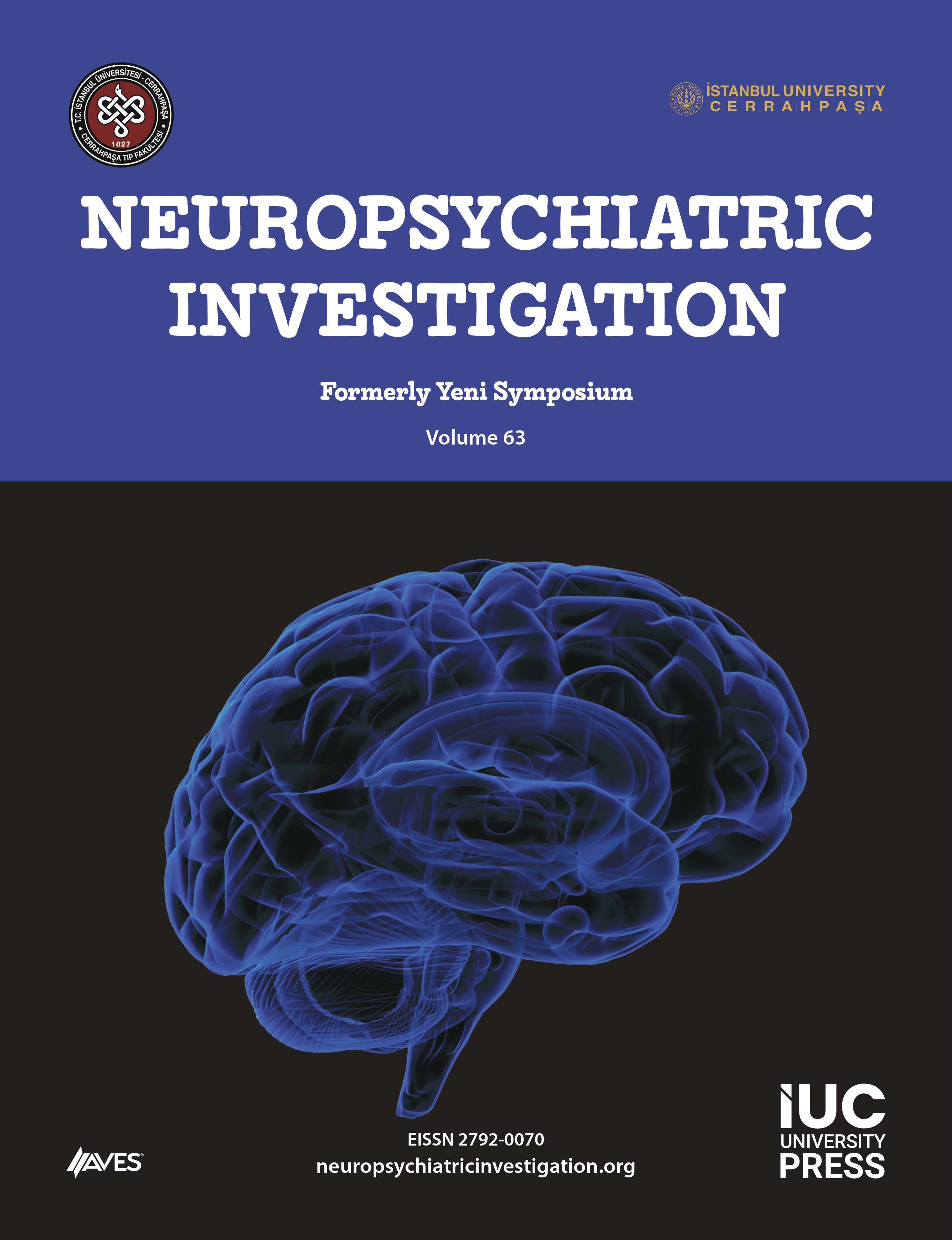Objective: The main objective of this study was to assess the reliability of the Cambridge Face Memory Test (CFMT) and the Glasgow Face Matching Test (GFMT) for the Turkish sample.
Method: Samples of university students and security officers were asked to complete CFMT and GFMT sequentially. The order of the tests were counterbalanced. Participants’ self-evaluation scores regarding to their own face recognition abilities were recorded prior to the application of the tests.
Results: Results confirmed the reliability of CFMT for samples of university students (Cronbach’s α = .899) and security officers (Cronbach’s α = .853) as well as the reliability of GFMT for samples of university students (r = .888) and security officers (r = .891). Consistent with the previous literature on the relationship between face recognition and face matching skills, total scores obtained from the tests were correlated for both university students (r = .492, p < .001) and security officers (r = .400, p < .001). However, security officers were observed to perform worse than university students in both tests. Although self-evaluation scores for individuals' own face recognition abilities were positively correlated with their face recognition and face matching performances for university samples, no such correlation was observed for security officers.
Conclusions: These results indicate that both CFMT and GFMT are reliable assessment tools that can be used with the Turkish sample to assess face recognition skills of groups with different face recognition experience levels.




.png)